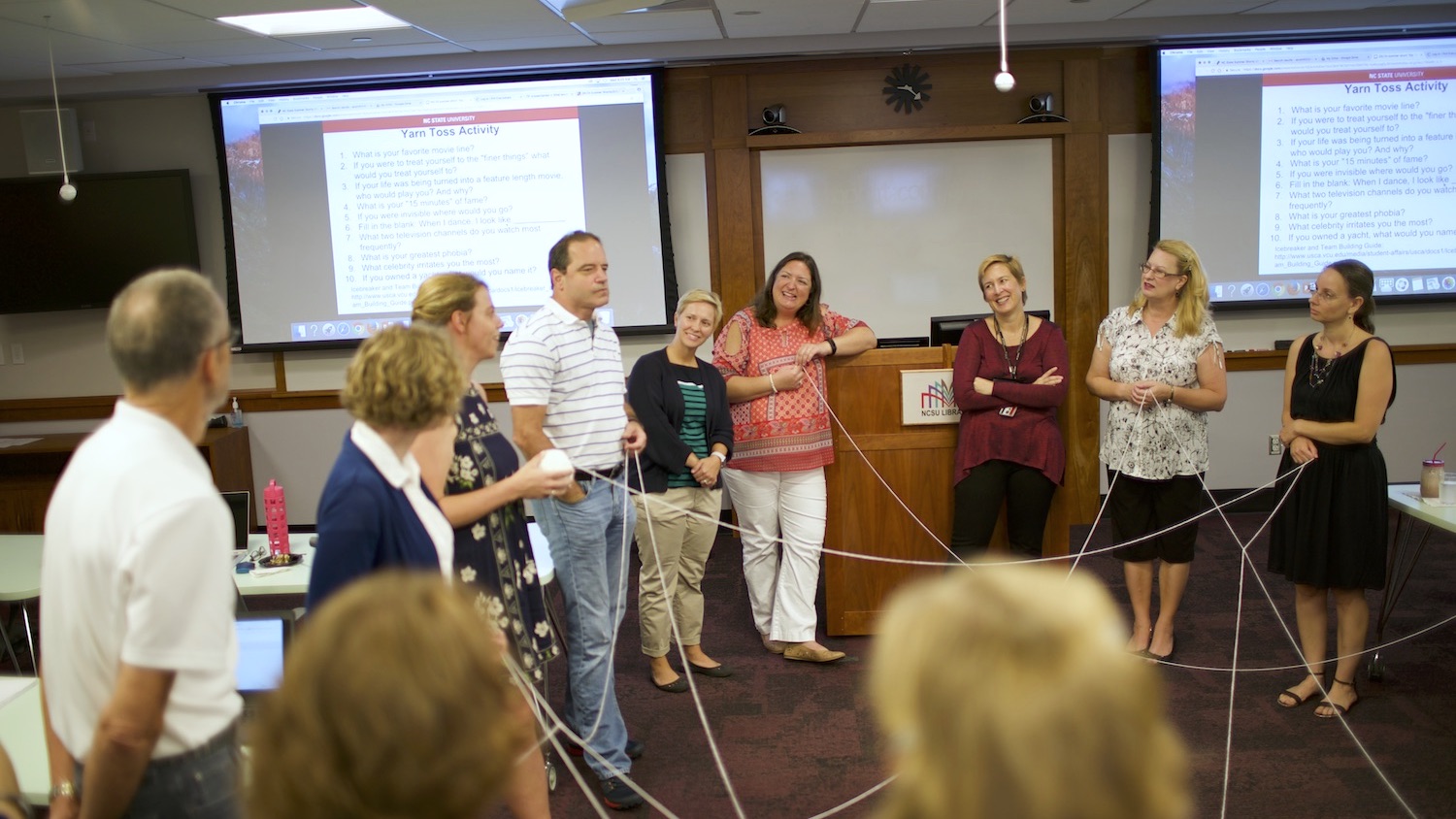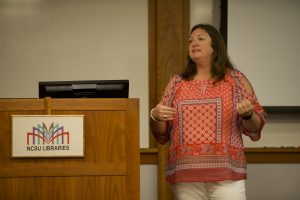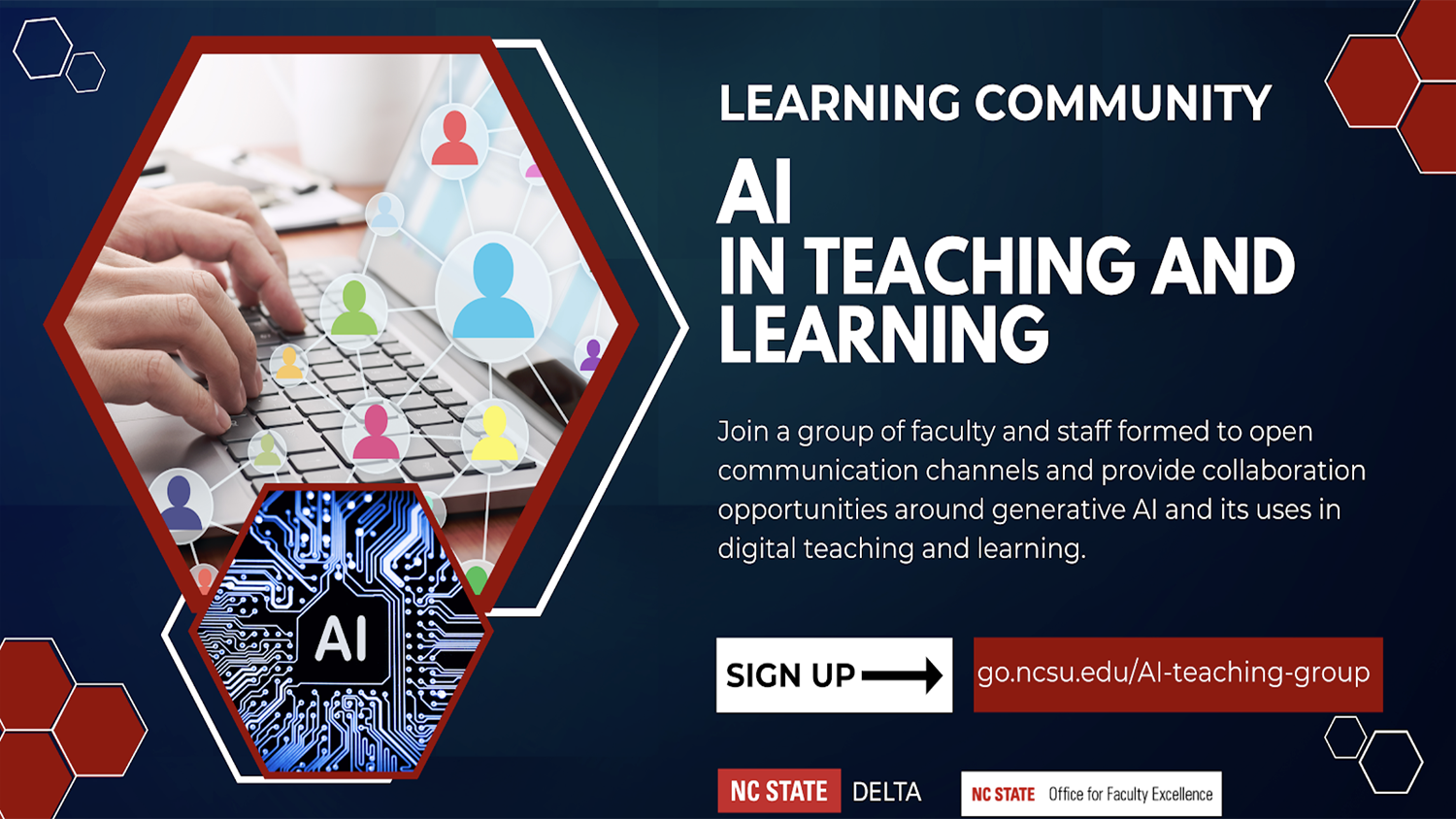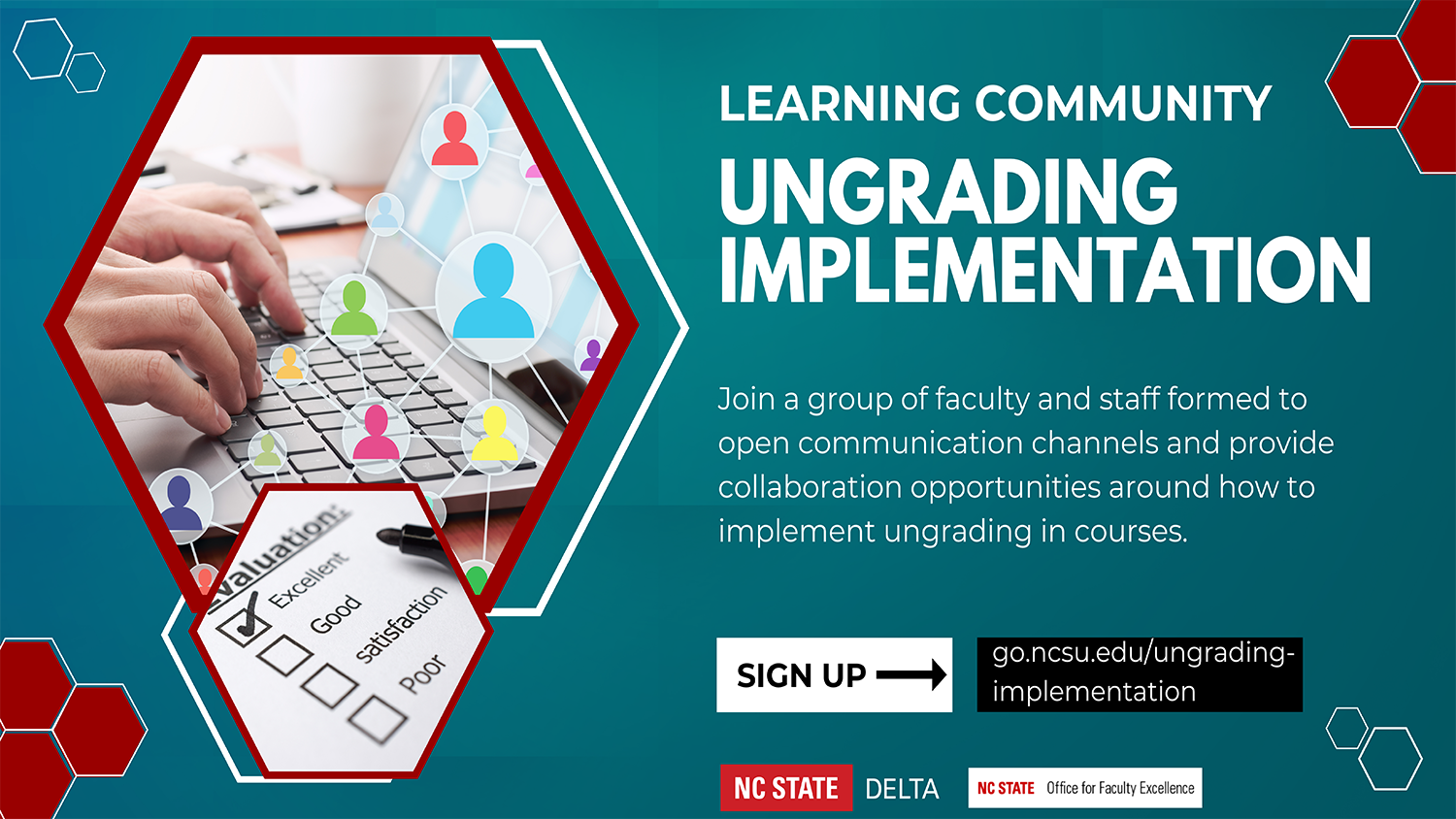Navigating Online Teaching: Perspective from a Faculty Fellow

Approximately eight years ago, I began my journey as a novice online instructor at North Carolina State University. At the time, the Counselor Education program started one of the first Graduate Certificates in Counselor Education (online) in the country, which was spearheaded by Dr. Raymond Ting.
The certificate program included four classes taught once each semester for the duration of one year. Online learning within the helping professions was not prevalent. In my formal training within the counseling profession, teaching online at the college level had not been covered due to the period of time in which I graduated and lack of programs in our country that incorporated online teaching and learning into the format. I have to admit, as an excited, inexperienced faculty member, I felt lost. The faculty position of an online instructor was a bit intimidating. At this point in my career, this is where DELTA (Distance Education and Learning Technology Applications) stepped in and saved the day!
As a program, we had reached out to DELTA for support in creating and developing courses in the past. The semester before teaching my first course, I reached out to Stacy Gant and Beth Shephard at DELTA and they offered tremendous support by quickly teaching me about both asynchronous and synchronous learning environments. I attended in person and online workshops to gradually increase my skills in teaching within the online platforms. Throughout the years and still to this day, I continue to attend workshops and remain connected with DELTA in any way that I can.

As I continued to learn online teaching techniques and tips, I found I enjoyed sharing with other faculty, doctoral students, and the community. Several individuals at varying times mentioned I should consider sharing what I learned in a book. I always have felt that if I could help just one instructor not feel the way I did (i.e., lost and uncertain), it would be worth it to write a book. As I continued to move forward in my career and with the support of many colleagues and family, I decided to begin the process of planning to write the book.
I enjoy collaborating and believe two or more minds are better than one. As I developed the framework for the book, I reached out to several potential co-authors and contributing authors. As I reflected back on my experience as an online instructor, it was important for me to invite DELTA, specifically the instructional technologists and administration that so graciously supported me over the years to be a part of the book project.
For me, it was a “no brainer” to include DELTA in the book. The co-authored book, titled Developing Online Learning in the Helping Professions: Online, Blended, and Hybrid Models incorporates strategies, tips, and reflections for new and seasoned professionals who are considering teaching in the online environment.
In creating the book, an integral chapter that we wanted to include involved technology, innovation, and instructional design. As the experts in these areas, I reached out to Daniel Davis, Bethany Smith, and Jakia Salam, all colleagues I value and have worked with in some capacity in the past. I was truly delighted that the group wanted to participate and collaborate to share their wealth of knowledge with instructors in the helping professions.
In the past, I had worked with Jakia on a DELTA grant to move a group counseling class that had only been taught on campus to the online environment. There were many considerations for creating the course in the online environment. For example, in developing the new online course, we considered format, ways to build community, confidentiality of content, delivery method, and much more. As we discussed the book chapter, it made sense to for Bethany and Jakia to outline the strategies that made the group counseling course successful.
Bethany Smith and Jakia Salam contributed to chapter 12 of the book titled Building Community Through Intentional Design: A Course Model. The chapter offers a variety of overarching questions for instructors to consider, such as “how do you bring a real-life group counseling session online? and “what process can you follow to develop an online group counseling course?” (Smith, et. al, 2018, pg.155). In the chapter several challenges are addressed and tips for remediating these challenges. One of the challenges for the group counseling course included the issue of how to create, build, and sustain an online community when students are not physically in the same room. A second challenge surrounded the technology and how we could ensure a safe environment for students whereby their information is kept confidential in order to mirror the counseling practice and importance of privacy of information.
The chapter is full of useful resources, strategies, and tips supporting online instructors to be successful in their teaching. It touches on several key areas, (1) addressing student fears and anxiety about online learning, (2) building and sustaining an online learning community, (3) creating a safe and confidential space online for students, (4) active learning strategies and the Technical Pedagogical Content Knowledge Model (TPACK), as well as providing (5) multiple tools and resources using technology for instructors to explore as options for their own courses.
In addition to collaborating on the online book, there have been several opportunities to co-present at conferences with DELTA as well. We have co-presented at UNC CAUSE in Greenville, North Carolina, and the Online Learning Consortium (OLC) in Orlando, Florida. The topics have involved building community in the online environment and the use of videos to enhance the course experience for learners. We look forward to returning to OLC in November to co-present this year as well.
I often share with colleagues at NC State and conferences throughout the country how I would not be able to perform my job without the support, encouragement, and superior role modeling of teaching I have gained throughout the years from DELTA. I am grateful for the opportunity to not only learn from DELTA, but also remain connected, collaborate, and present together.
Smith, A. C., Warren, J. M., Ting, S. R., & Taliaferro, J. D. (2018). Developing online learning in the helping professions: Online, blended, and hybrid models. New York, NY: Springer Publishing Company, LLC.
*Angela Smith is a Teaching Associate Professor in the College of Education and a DELTA Faculty Fellow


